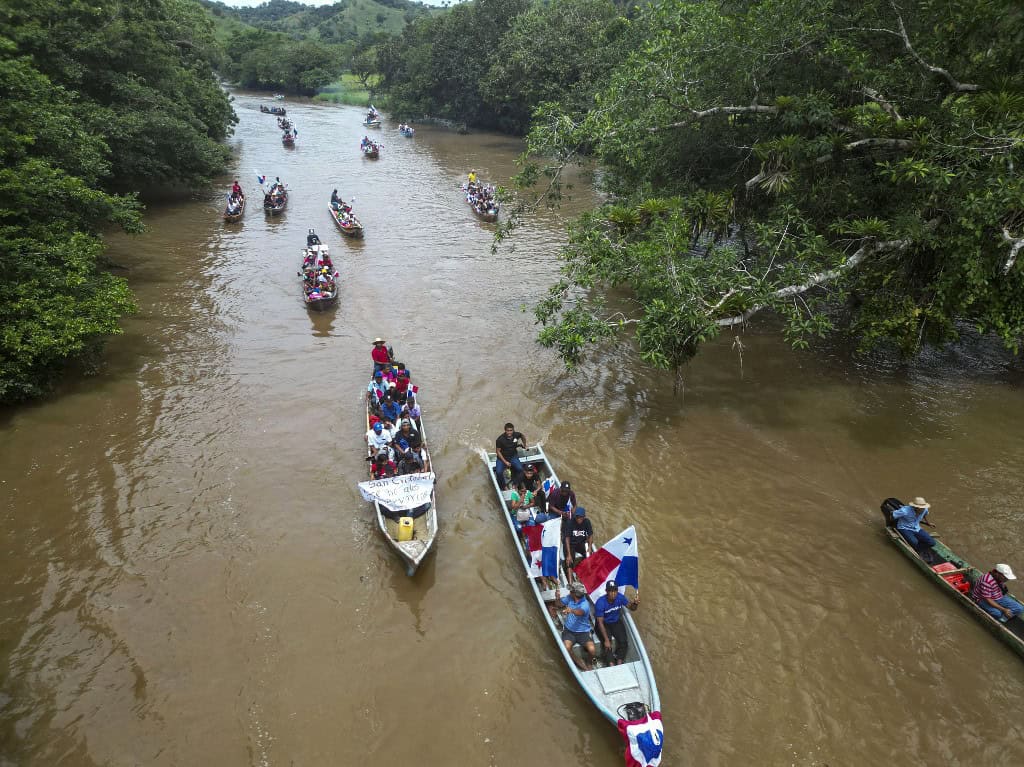Panama’s President José Raúl Mulino on Tuesday defended the construction of a new reservoir for the interoceanic canal and criticized those who oppose the project, which aims to secure water supply for navigation. The Panama Canal Authority (ACP), the autonomous public entity that operates the canal, plans to build a 4,600-hectare reservoir in the Indio River, west of the canal.
The goal is to prevent severe drought impacts like those in 2023 that forced a drastic reduction in ship transit. However, several organizations and local residents oppose the initiative. “I openly support the Río Indio reservoir project (…), this canal needs more water, and we need more drinking water. We cannot compromise our great competitive advantage and strategic geographic position,” Mulino said in a national address marking his first year in office.
“Whoever opposes Río Indio opposes progress, opposes more water for people, and more water resources for the canal. This project harms no one,” he added. The Panama Canal, which handles 6% of global maritime trade, was inaugurated by the United States in 1914. It operates using rainwater stored in artificial lakes Gatún and Alhajuela.
The canal basin, which also supplies drinking water to half the country, was last modernized in 1935. At that time, there were about 6,000 ship transits annually—less than half of today’s total—and Panama’s population was under half a million, compared to the current 4.2 million.
From the new reservoir, water will be carried through a nine-kilometer tunnel to Lake Gatún. Construction is scheduled to begin in 2027 and finish in 2032, with an investment of $1.6 billion. Of that, $400 million is allocated for compensating and relocating about 2,500 residents from various communities.
“It’s the water of the future,” said Karina Vergara, manager of the ACP’s Social and Environmental Water Projects Team, adding that if the reservoir is not built, “we will regret it in 15 years.” Hundreds of farmers have protested the flooding of their land and also question the promised compensation from ACP.
“We are already closing out the Río Indio zone census. We’ve also started social projects and continue dialogue with the communities,” said Canal Affairs Minister Jose Ramón Icaza.






